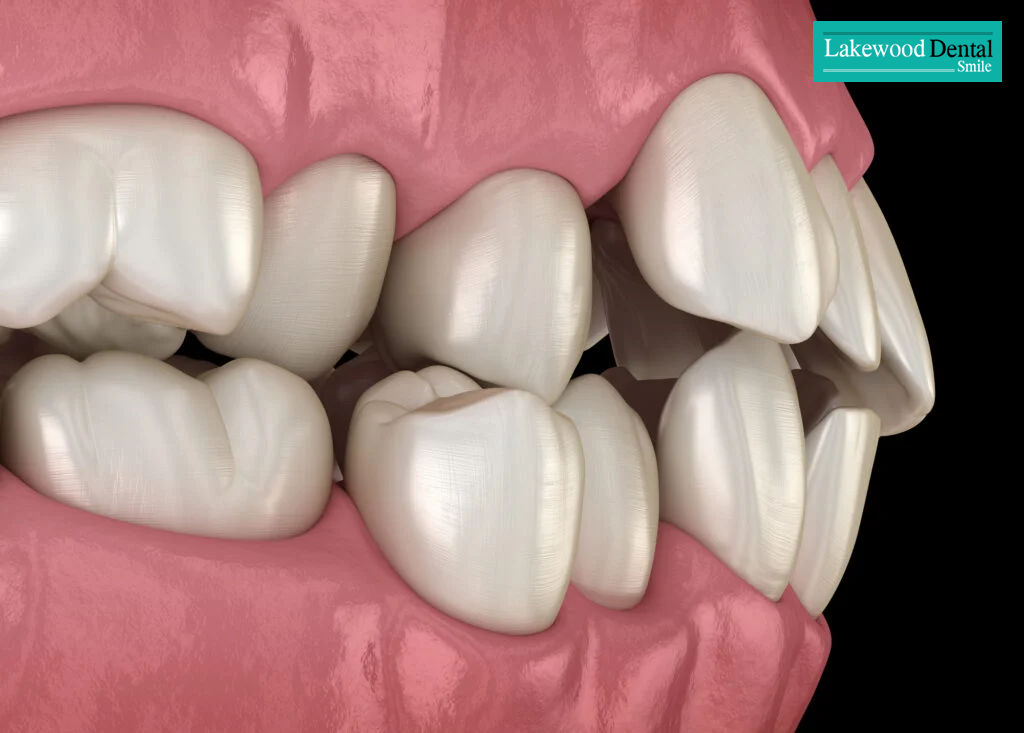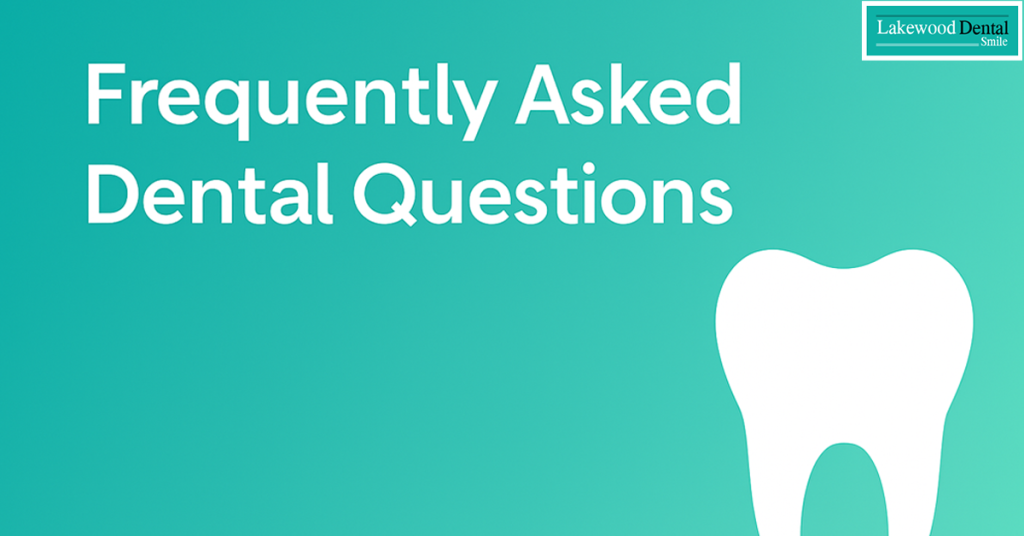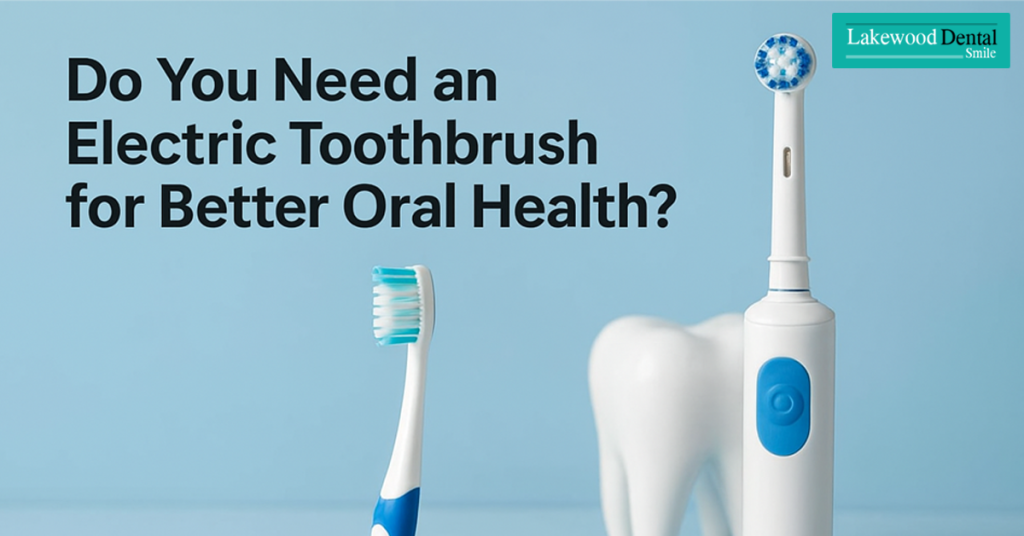Crooked teeth misaligned bites are more than just a cosmetic problem. They can cause a range of oral health issues that affect how you chew, speak, and maintain hygiene. When your teeth don’t fit together properly, your jaw muscles work harder, your gums become more prone to irritation, and your teeth may wear unevenly over time. Crooked teeth misaligned bites should never be ignored, as early diagnosis and correction can help prevent more serious dental complications later.

Crooked teeth misaligned bites can develop for several reasons. Genetics play a strong role in determining how your teeth grow and align. Some people naturally have smaller jaws that cannot hold all their teeth comfortably, leading to crowding. Childhood habits such as thumb sucking, tongue thrusting, or prolonged pacifier use can also influence tooth positioning. Injuries to the mouth or early loss of baby teeth may cause surrounding teeth to shift, changing the alignment of your bite. Even conditions like mouth breathing or prolonged bottle feeding can contribute to these issues.
🦴 Causes and Background
Crooked teeth misaligned bites can develop from genetic or environmental factors. Some people inherit smaller jaws that can’t accommodate all teeth, leading to crowding. Childhood habits like thumb sucking, tongue thrusting, or prolonged pacifier use can also contribute to bite misalignment.
In some cases, early tooth loss, injuries, or ill-fitted dental restorations cause the upper and lower teeth to shift unevenly. When this happens, your bite no longer fits naturally, resulting in chewing discomfort and strain on the jaw muscles.
💢 Effects on Dental Health
Crooked teeth misaligned bites make it difficult to maintain proper oral hygiene. Overlapping teeth create tight spaces where plaque and bacteria accumulate, increasing the risk of cavities and gum infections.
Misaligned bites can also cause uneven wear on enamel, leading to tooth sensitivity and fractures. Over time, jaw tension or pain may develop due to the constant imbalance in chewing forces. These issues can further contribute to headaches or temporomandibular joint (TMJ) problems if left untreated.
🧠 Prevention and Early Intervention
Preventing crooked teeth misaligned bites starts early. Regular dental checkups allow early detection of jaw irregularities in children. Dentists may suggest space maintainers or early orthodontic evaluations to guide proper tooth eruption.
Maintaining good oral hygiene—brushing twice and flossing daily—can prevent premature tooth loss, one of the main causes of bite issues. For adults, monitoring tooth movement after extractions or injuries can also prevent further misalignment.
💡 Expert Tips for Oral Care
- Visit your dentist regularly. Routine dental visits help identify bite problems early and prevent complications.
- Use proper cleaning tools. Floss threaders and interdental brushes help clean between crowded teeth.
- Avoid excessive chewing pressure. Don’t use teeth to open bottles or bite hard objects.
- Stay mindful of posture. Jaw tension can worsen if you clench or grind teeth while stressed.
- Follow orthodontic advice. If braces or aligners are recommended, complete the full course for best alignment results.
🌟 Benefits of Correcting Bite Issues
Fixing crooked teeth misaligned bites not only improves your smile but also helps in chewing efficiency and speech clarity. Properly aligned teeth are easier to clean, reducing the risk of decay and gum inflammation.
Correcting bite alignment enhances facial symmetry, minimizes tooth wear, and supports long-term oral health.
🪥 Final Thoughts
Crooked teeth misaligned bites can affect your oral function, comfort, and confidence. Addressing these issues early ensures better oral hygiene and prevents complex dental complications later.
If you’re in Michigan and seeking expert guidance for bite correction or orthodontic care, the experienced team at Lakewood Dental Smile can help you achieve a healthier, well-aligned smile through modern and patient-focused treatment options.




